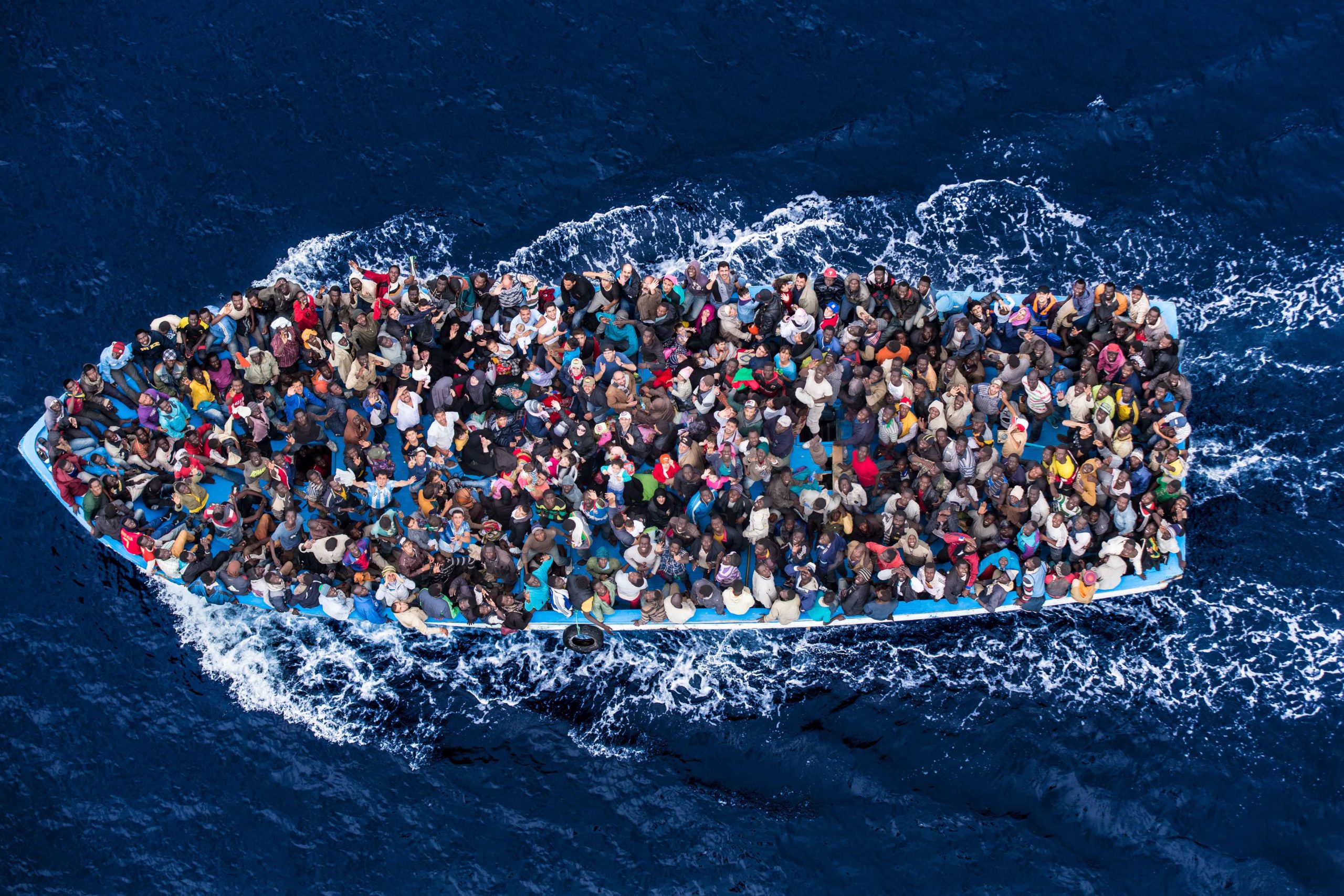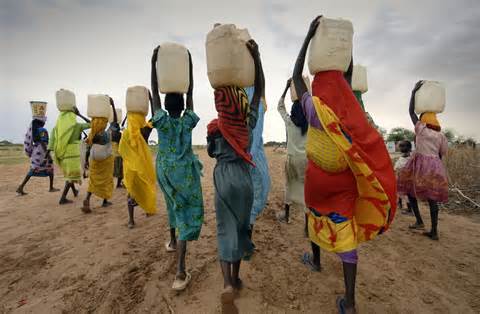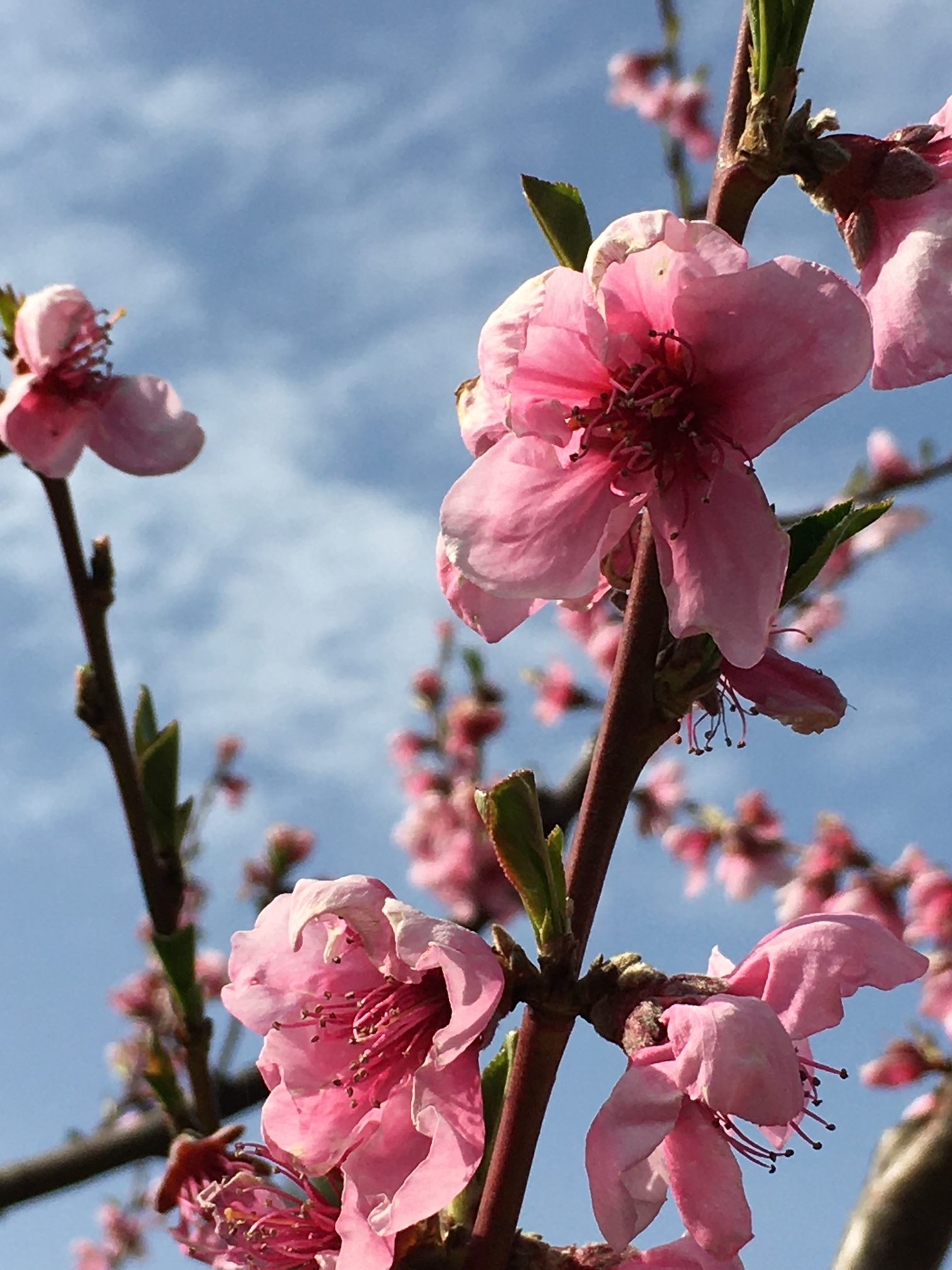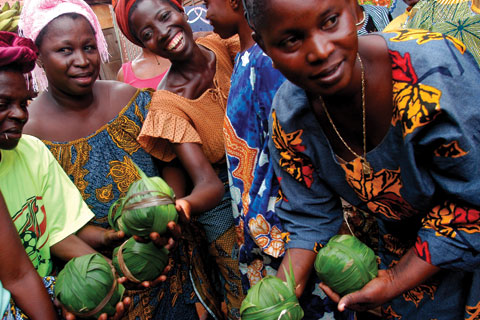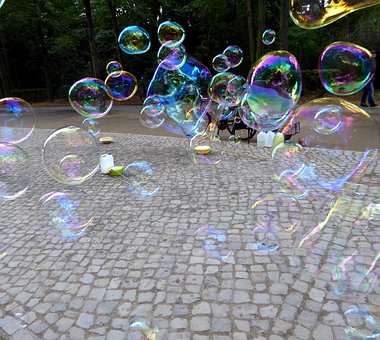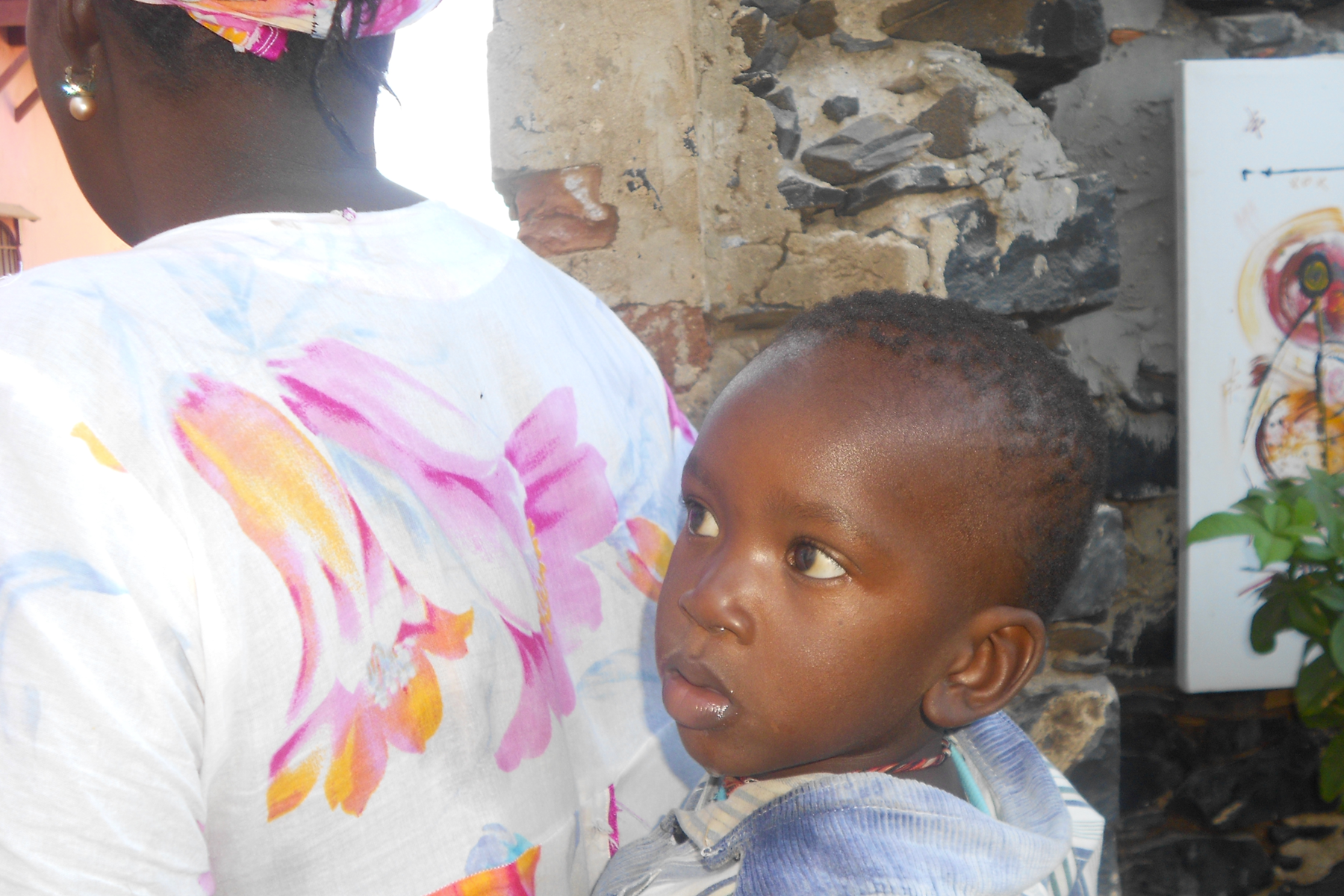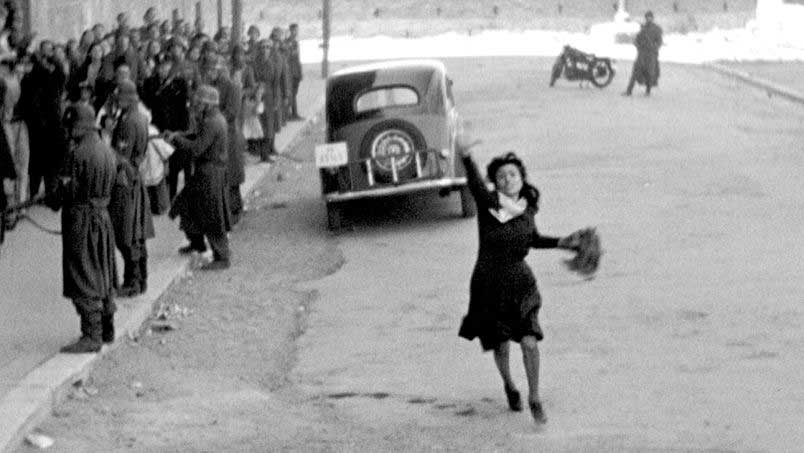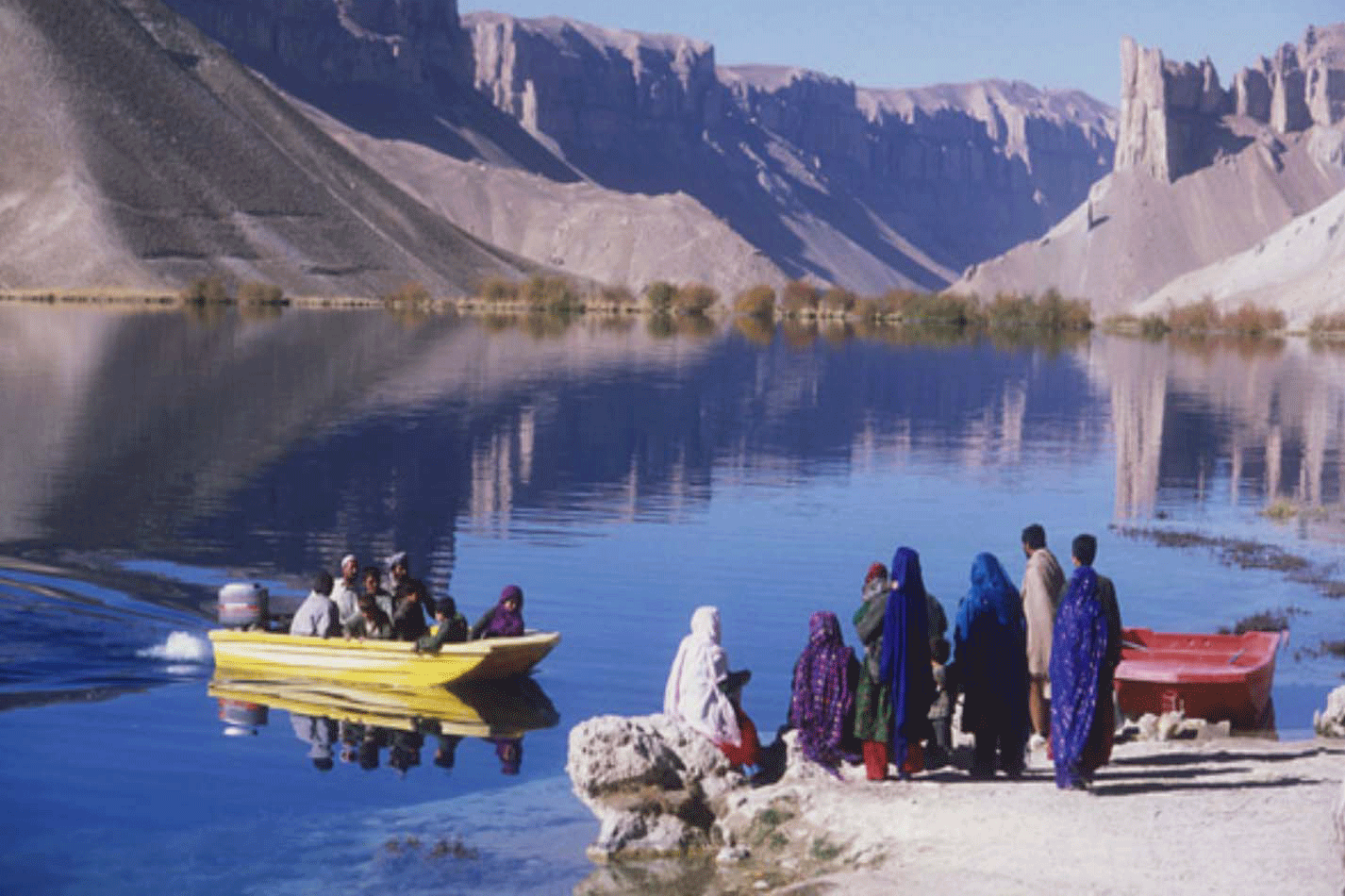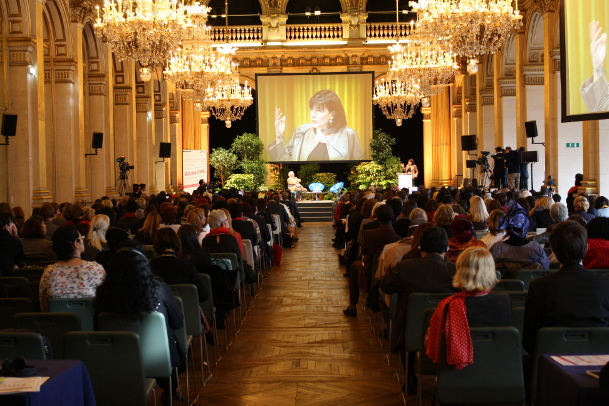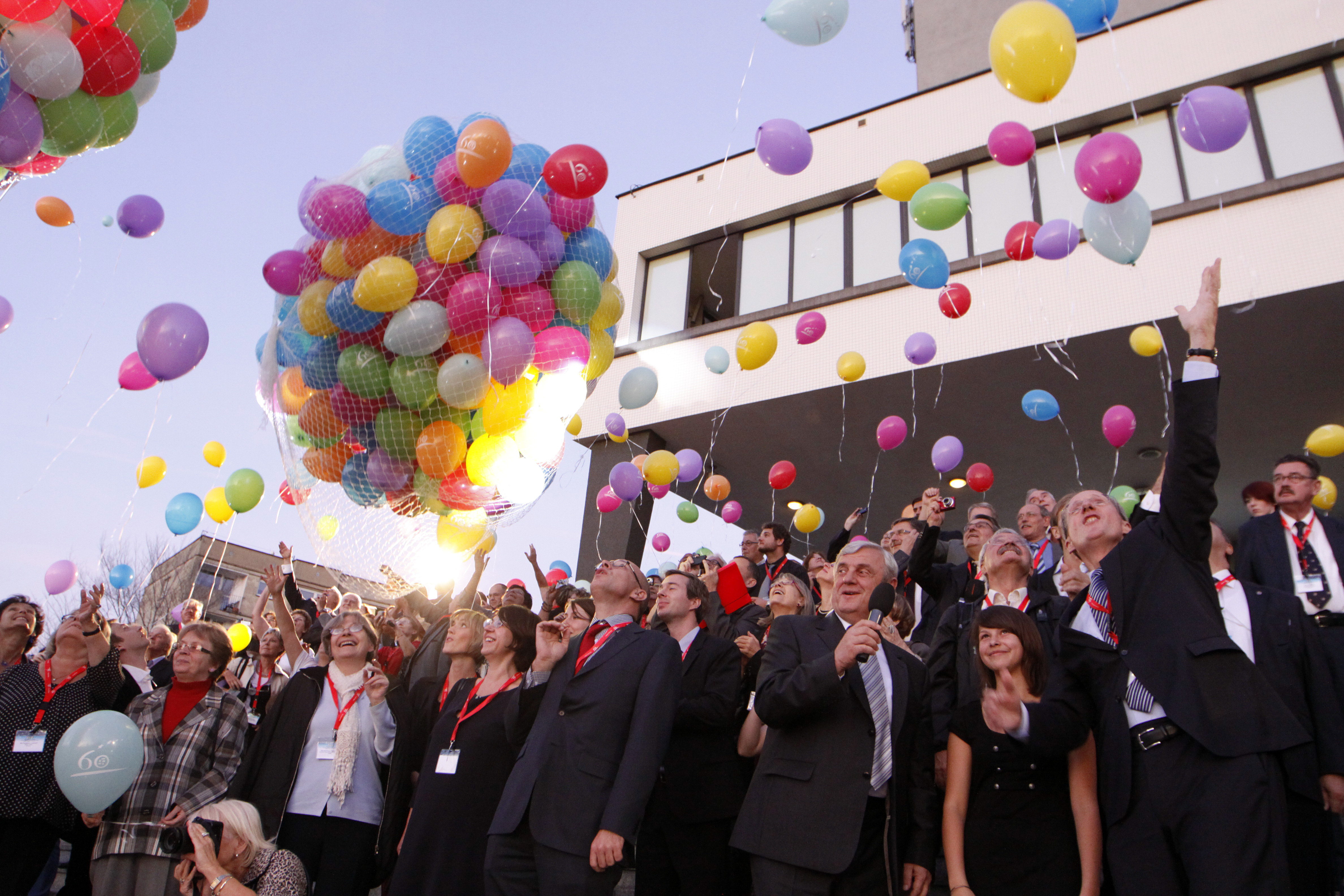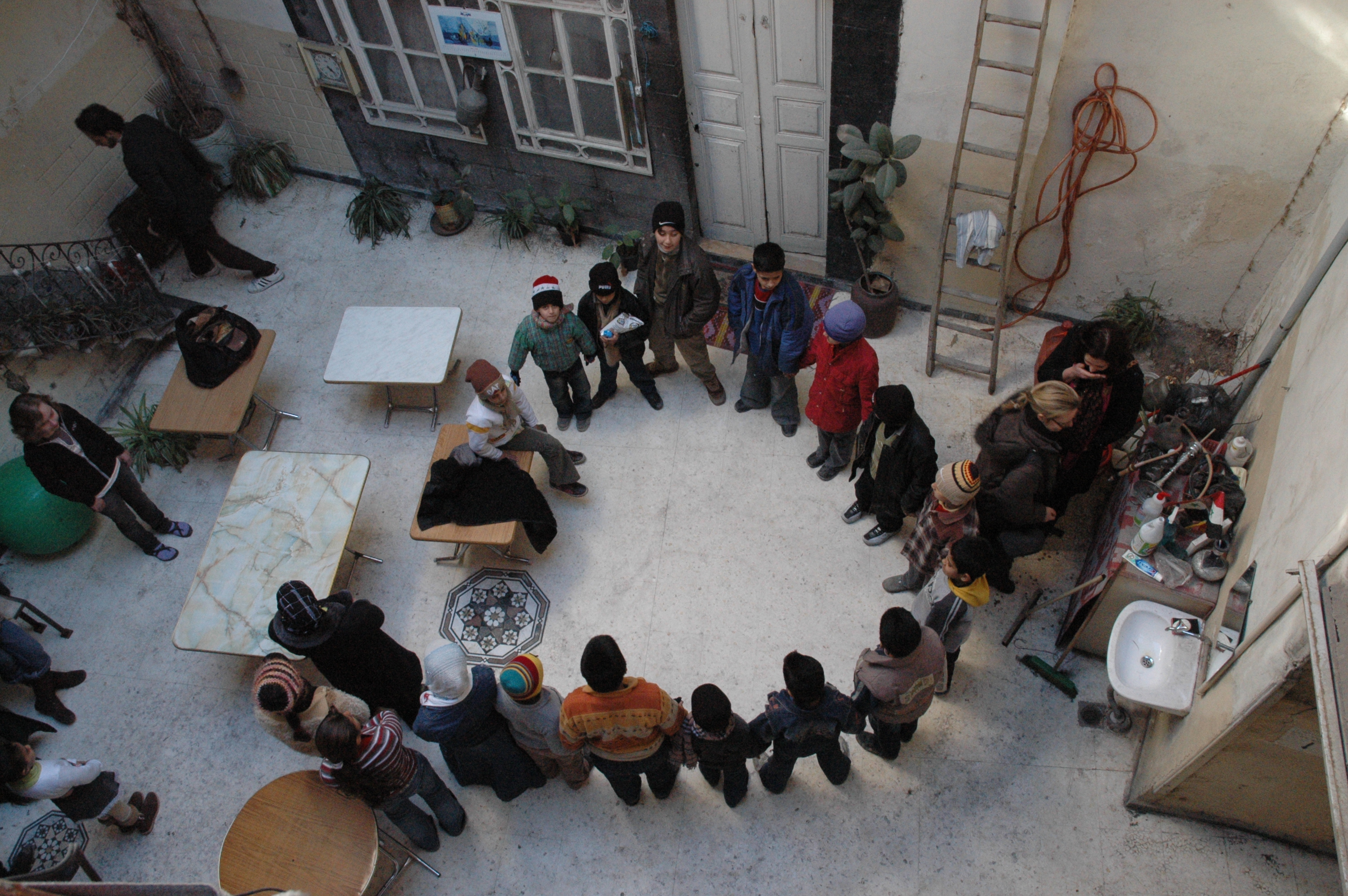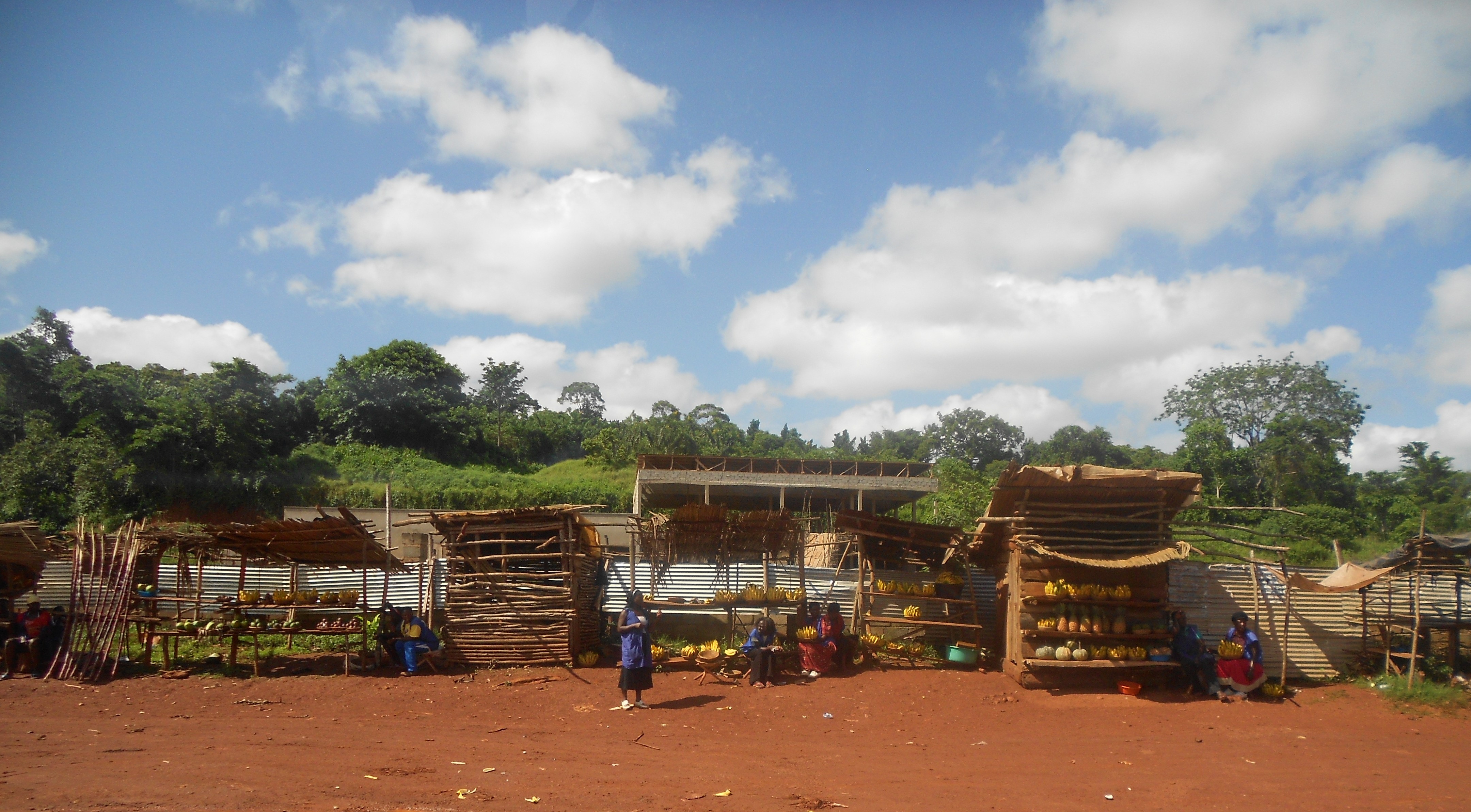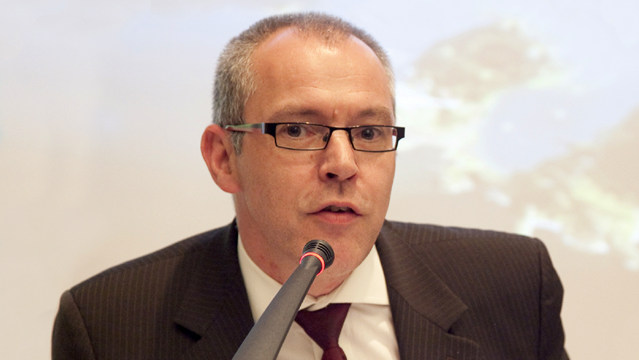Women’s Rights Worldwide: 25 Years after the Beijing Conference

March 2020: Women (and men) from all over the world were due to meet again in New York at the United Nations General Assembly to celebrate the 25th anniversary of the watershed Beijing Conference on Women. Instead, on 9 March, Italy became the first western country to impose a total lockdown to try to stop the spread of Covid-19.
In 2000, I had taken part in the Beijing +5 talks as a member of a delegation organised by IULA (1), which included women elected representatives from across Europe, at which time we had succeeded in obtaining recognition of local authorities as key players in the implementation of the Beijing Platform for Action. Needless to say, in 2020, no one could go to New York to take part in the Beijing +25 debates.
During the first lockdown, I decided to take an online course from Stanford University on women’s rights. The class, taught by Professor Anne Firth Murray, revolved around a central theme: that women’s rights are fundamental human rights, based on the 1948 Universal Declaration of Human Rights (a term that thankfully replaced the earlier reference to “the Rights of Man”!). Drawing on the contents of Professor Murray's book "From Outrage to Courage", the course proved to be a very insightful and inspiring exploration as it introduced me to the stories of so many women from different cultures, countries and backgrounds, all with one common denominator – the poverty, exclusion and injustices of their condition, simply because they were born women.
In the introduction to the second chapter of her book, Anne Firth Murray includes the account of a Nigerian woman, “When I was born, my parents, my family and the whole village were extremely disappointed: they had been expecting a boy! So, they forgot to register my birth! I was a girl, an utterly insignificant thing!” This is only one of the countless stories of misfortunes, tragedies and anecdotes told by so many women from countries all over who bear witness to the fact that, to this day, women's rights in the world continue to be trampled upon.
The goals of the 1995 Beijing Conference, which laid the groundwork for a United Nations political agenda for women's rights, remain a long way off from being achieved. The Beijing Platform for Action identified twelve critical areas in which there are still many obstacles to improving the status of women: i) women and poverty, ii) education and training, iii) women and health, iv) violence against women, v) women and armed conflict, vi) women and the economy, vii) women in power and decision-making, viii) institutional mechanism for the advancement of women, ix) human rights of women, x) women and the media, xi) women and the environment, xii) the girl-child.

The figures regularly released by UN Women (2) clearly show that the Beijing Agenda and its Platform for Action need to remain front and centre on the global political agenda; there is an urgent need for action on behalf of women!
The numbers from the following examples speak for themselves. Poverty: for every 100 men, there are 122 women living on less than $1.90 USD a day. Women are more affected by poverty than men. Those aged 15-34 are the hardest hit by this discrepancy. Education: in some parts of the world, as many as 48% of girls do not attend school. Not only do these girls never learn to read or write, but for every year of school they miss, they are more likely to be forced into marriage as children, to have fewer chances of ever getting a job, of not dying in childbirth, and of enjoying a healthy life. Every day, there are 830 women who die during childbirth or pregnancy all over the world. According to UNICEF, around 700 million women alive today were child bride victims. The "girl-child" refers to girls who are denied their fundamental rights and are subjected to violence, abuse and exploitation. In addition to the social consequences, there is the risk of perpetuating, when these girls grow into women, intergenerational cycles of families living in poverty.
This information paints a grim picture of the situation of women's rights in the world as well as the cultural and social barriers that today still hinder the progress of women's rights, thus holding back our society and our world as well.
Each injustice that a woman suffers, each life that is not fully lived, represents a missed opportunity for the whole of humanity. Each violation of a woman's right is a failure to respect women and human dignity. The Beijing Conference brought women's dignity, and thus respect for human rights, to the forefront of the UN agenda. The missed opportunity to hold Beijing + 25 in 2020 has left a void. States must continue pursuing their political commitments to fulfil the Beijing Platform for Action. As things stand, this is not a foregone conclusion. Yet, the now all-too-familiar tragedy of the Covid-19 pandemic and its social impact, for which women are paying an exceedingly high price, seem to have prompted a new focus on women's rights. We must ensure that words and intentions are transformed into action and reality. We will come back to this in another chapter. For now, let us not forget the themes of the Beijing agenda and the appeal to the UN and the States to play their role in improving the status of women all over the world.
1.IULA, the International Union of Local Authorities; the parent organisation (together with UTO) of UCLG.




 All news
All news

